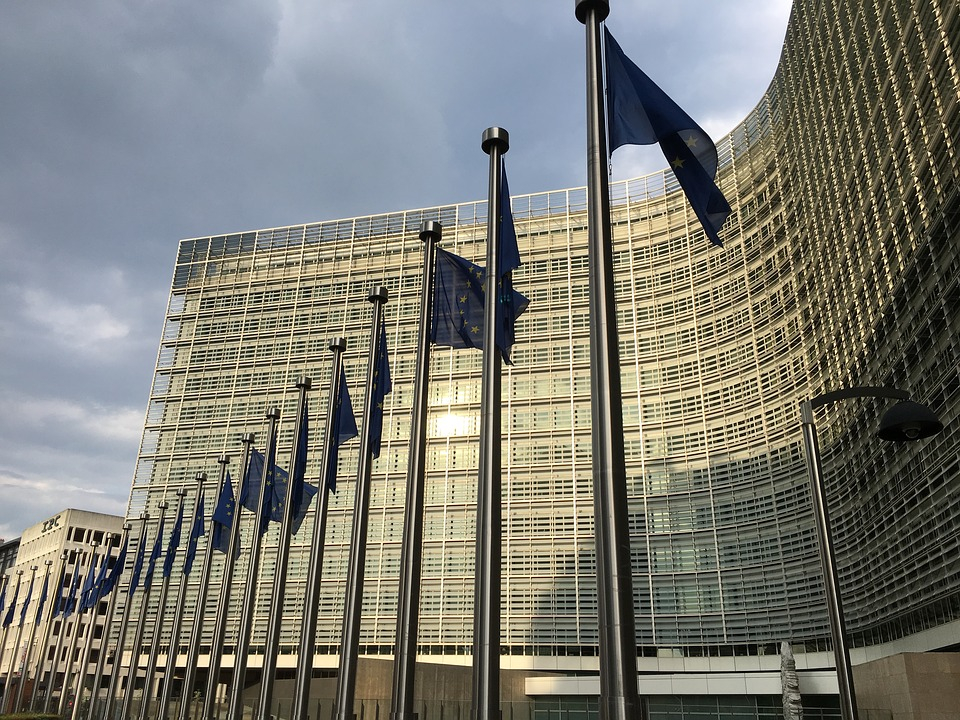As Poslovni Dnevnik/Ana Blaskovic writes, Portugal is the first EU member state to submit its own national recovery and resilience plan to Brussels, with twelve more countries announcing that they’ll do the same by the end of the week, including Croatia – officially launching a two-month evaluation.
The formal delivery deadline for not only the Croatian National Recovery and Resilience Plan, but that of all EU member states is April the 30th.
That being said, half of the countries will still spend time ”polishing” up their respective plans. The European Commission have stated that they’d much rather see the delivery of quality over quantity, saying on Friday: ”The plans are meant to cover the next six years, it’s important that they’re done properly and nothing will happen if they end up being sent later. We want EU member states to submit a ready and finished plan, not one with holes.”
Subsequent negotiations are indeed possible, they pointed out from the EC, but “for the sake of efficiency we want to limit that possibility”.
Questionable projects will also enter the race…
Assessing the strategic documents of the 27 remaining EU member states is an enormous share of work for about a hundred people from several segments of the EC, and the plan of Andrej Plenkovic’s government alone will boast about 700 pages when it is completed, and only a summary of about 80 pages has been published and made public, attracting attention and criticism.
In typical Croatian style, this combination of a very large volume of text and only a short time to compile it resulted in a great deal of concern and skepticism on the part of experts who worried that due to limited resources, questionable projects will end up flying under the radar.
EU member states must direct at least 37 percent of their money to the green transition, at least 20 percent to digitalisation on the principle of not causing significant damage to the climate and the environment, and the guiding thought is reforms to emerge more resilient after recovery from the ongoing coronavirus crisis.
How countries will use the available funds (in the Croatian case, 6.3 billion euros of non-refundable cash and 3.6 billion euros in loans) is left to the member states depending on the structure of their respective economies, but in line with specific recommendations issued to them (CSR).
As touched on, the Croatian National Recovery and Resilience Plan has come under significant and quite fierce criticism that too much money has been directed to the public sector and infrastructure to the detriment of the private sector. The “green” threshold has been exceeded by the majority, and in many cases the figure is over 50 percent, so Brussels estimates that this could generate around 250 billion euros in investment.
At the same time, more than 50 billion euros are to go to energy efficiency and the renovation of buildings. High on the list of priorities is green mobility, investments in railways, e-mobility, electric charging stations and the like. Many have also skipped the digital minimum, which means more than 130 billion euros will go to investments in high-speed networks, the digitalisation of public administration and even cross-border projects, of which there are many at the EU level.
Robust control systems
With coronavirus still hovering quite ominously in the foreground, as much as 28 percent of the money will go to the healthcare sectors and social cohesion; from renovating and building hospitals, to strengthening primary care and linking up the social welfare and healthcare systems.
Journalists were naturally interested in whether the fund could finance (higher) salaries in healthcare, but this isn’t an option because it represents multiple costs.
The key message is the expectation that members will “establish robust spending control systems”. After the advance payment, the next tranches will depend on the fulfillment of the objectives. A missed goal means the stopping of these payments, and by that point there is very little room left for negotiations.
“The EC can decide on a partial payment, but the amount of the payment is a discretionary decision,” they stated from Brussels.
For more, make sure to check out our dedicated politics section.








